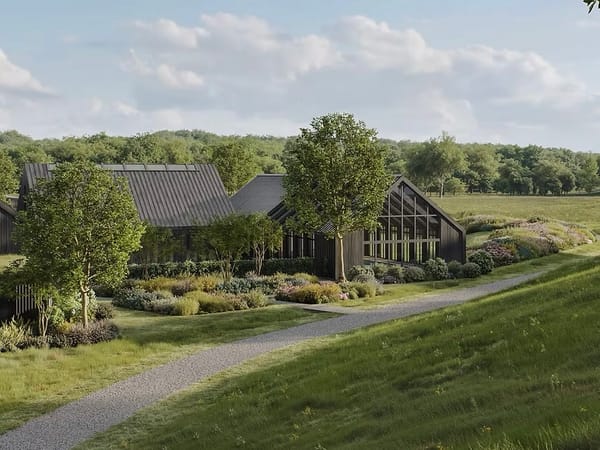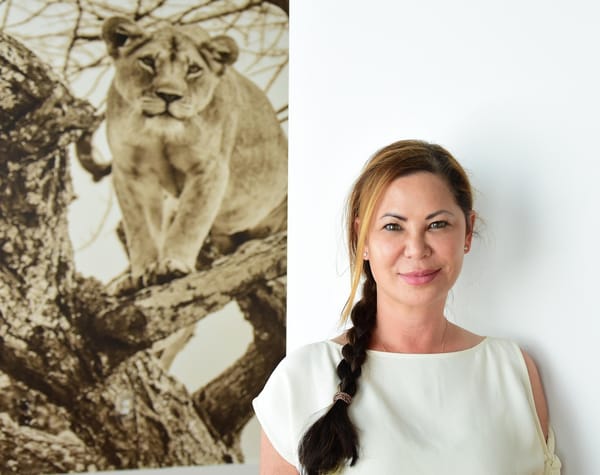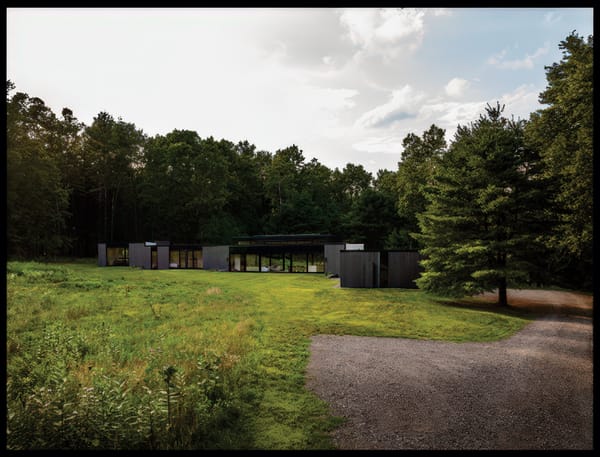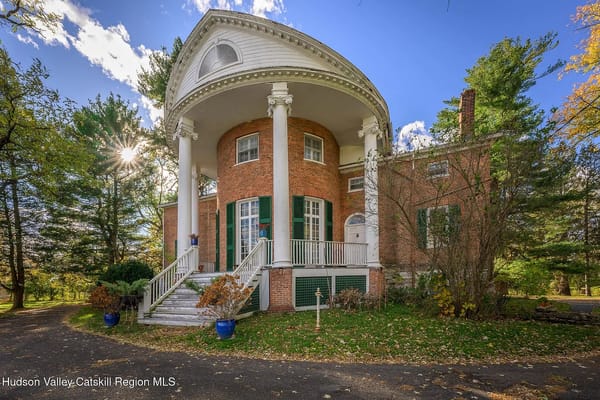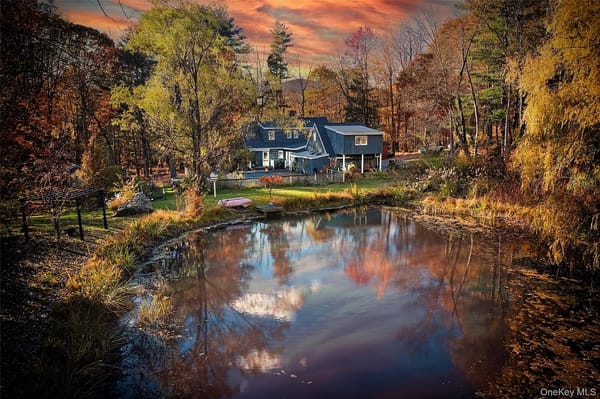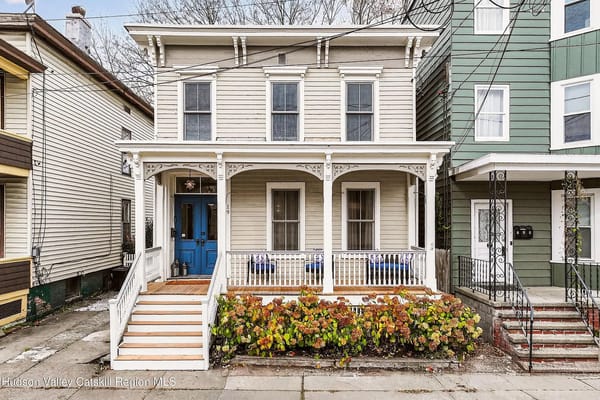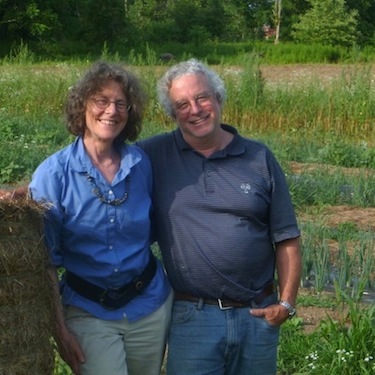
Some people get their best ideas in the shower or on long walks. For Jonathan Hankin and Barbara Zheutlin, left, inspiration came from a humble box of vegetables. The couple joined a CSA—Community-Supported Agriculture group—shortly after relocating to Great Barrington from Los Angeles in 1995. One share bought them a weekly flood of fresh-from-the-field produce from Gould Farm in Monterey. The bountiful box set Hankin’s mind whirring. In this fertile region, roughly one in eight Western Massachusetts residents is at risk of hunger, according to the Food Bank of Western Massachusetts. Local farmers can grow abundant produce—but they need community support to keep providing good, clean alternatives to pesticide-laden tomatoes with all the flavor of dust. Why not find a way to help both farmers and hungry families? Hankin’s solution: Share the Bounty, a program that supports local farms through the purchase of CSA shares (bringing farmers much-need income in advance of the growing season), and provides the produce from those shares to food pantries and other organizations helping feed people facing food insecurity. "I like the notion of preserving our landscape while helping farmers and people that are in need," says Hankin, a real estate agent with Wheeler & Taylor.

Ten years later, Share the Bounty is celebrating a full decade of double-duty giving. Each dollar donated goes toward the purchase of CSA shares in 14 farms in Western Massachusetts and Columbia and Litchfield counties. Come harvest time, the produce from those shares goes to food pantries, community kitchens, and individual members of the federally-funded Women, Infants, and Children (WIC) program.
“What’s unique about Share the Bounty is that we aren’t asking the farmers to give food away,” says co-founder Zheutlin. She brought Share the Bounty under the auspices of Berkshire Grown in 2007 when she was named executive director of the nonprofit that supports local agriculture. “We’re trying to raise money to support farmers on top of helping feed people. “ In the past decade, Share the Bounty has donated over $104,000 worth of food shares to help people in need. “One of the poignant parts of living in the Berkshires is that poverty can be invisible,” says Zheutlin. “In rural communities, people just don’t come out. It’s not something you share with your neighbors.”
_and_Valerie_Schwarz_(director)_.__.jpg)
But local food pantries and community kitchens witness hunger every day. Last year, 27,000 people lined up for meals at the Berkshire Food Project, says executive director Valerie Schwarz, in photo with chef and kitchen manager Adam Quimby. This year she expects to serve even more at the North Adams kitchen. “There’s a high rate of unemployment and under-employment,” Schwarz says. “There are just no jobs in this area.” With organic vegetables from Caretaker Farm and local cheese from Cricket Creek Farm, both subsidized through Share the Bounty, the Berkshire Food Project serves free, healthy lunches five days a week. On a recent day, the kitchen was serving pasta with meat sauce and beet and collard greens. Elderly people are thrilled to have fresh vegetables on their plates, says Schwarz. And when the younger generation needs a little nutritional sweet-talking, brownies with spinach sneaked in are a surefire hit. At the Valatie Food Pantry in New York, which partners with the Farm at Miller’s Crossing in Hudson, Don Campbell lauds Share the Bounty for giving low-income people access to high-quality produce. “In all likelihood, they wouldn’t otherwise have that option, because there’s often a price premium,” he notes.
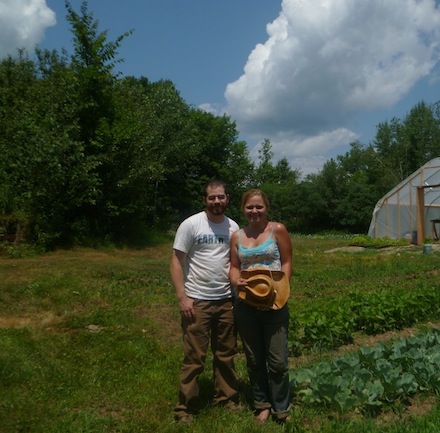
Share the Bounty has made a big difference for farmers, too. Amanda and Cian Dalzell of Three Maples Market Garden in West Stockbridge, MA, credit the nonprofit with helping them establish their farm. The young couple, right, broke ground at Three Maples just two years ago, after taking turns apprenticing at an organic farm in Vermont. “They spread their support around,” Cian says of Share the Bounty. “Which is great, because people get the opportunity to learn about all the local farms. They’re not playing favorites.” Today, Three Maples is flourishing on the land Amanda’s grandfather once farmed a half-century ago. Share the Bounty subsidizes a WIC member and her young son, who come by the farm each week to pick up their share and chat about bulging beets and exotic Hakurei turnips. Cian says sugar snap peas were a hit with the toddler: “I don’t even know if they made it out of the car ride.” “They help sustain us.” That kind of farm-to-table (or field-to-mouth) connection can have a lifelong impact on eating habits. “When children come with their parents to pick up their share at a farm, they have the opportunity to see a vegetable growing. It’s life-changing,” says Zheutlin. “They have a positive response to eating this vegetable that they might not have had.” What’s more, bonding over food can help take the stigma away from accepting aid, says Jayne Ridgway of Ridgway Farm in Cornwall, CT. Through Share the Bounty, Ridgway partners with OWL’s Kitchen in Lakeville. “A volunteer told us about how three or four families there were debating over the best recipes for carrots,” Ridgway says. “It gives them something to talk about. Everybody cooks, and everybody eats.”
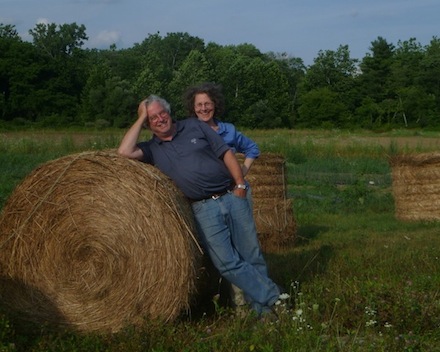
Of course, eating fresh, local foods will be a part of Share the Bounty’s anniversary celebration at Stonover Farm on Saturday, July 21. For a suggested donation of ten dollars, attendees can chat with local farmers and sample the delectable fruits of their labor. Guest speaker Frank Lowenstein, the climate adaptation strategy leader of the Nature Conservancy, will talk about the relationship between local agriculture and climate change. “Part of why we want to see local farms survive is to help our soil, water, and sky be sustainable,” says Zheutlin. —Sarah ToddShare the Bounty's 10th Anniversary CelebrationFeaturing Frank Lowenstein of The Nature Conservancy Presentation: Climate Change and Local AgricultureFollowed by party to honor local farmers Stonover Farm 169 Under Mountain Road, Lenox, Massachusetts

